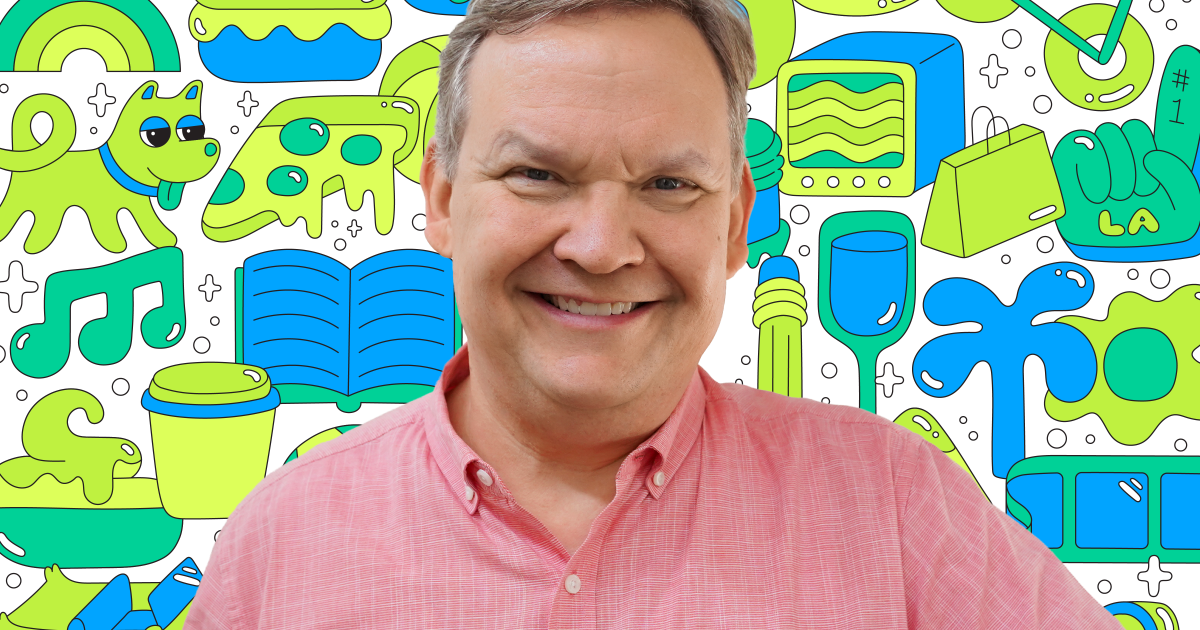CNN
—
A boil water advisory was issued Wednesday for Washington, DC, and Arlington County in Virginia due to an increase in algae blooms in the Potomac River, as the nation’s capital prepares for its annual Fourth of July celebrations.
Advisories include Washington, Arlington County, the Pentagon, Arlington National Cemetery and Reagan National Airport.
The warning comes as the nation’s capital prepares for an influx of visitors for the holiday, including the annual fireworks display on the National Mall.
“This is a precautionary notice to all customers to boil water that may be ingested due to water of unknown quality. Customer should not drink the water without boiling it first,” the District of Columbia Water and Sewer Authority said in a statement.
DC Water advised people to use cooled, boiled water or bottled water for drinking, giving water to pets, preparing infant formula, brushing teeth, making ice and washing and preparing food.
Home filtering devices should not be used in place of boiled or bottled water, the water authority warned.
DC Water is also asking people to discard drinks and ice made after 9 p.m. Wednesday.
The Army Corps of Engineers said the advisory was prompted by elevated cloudiness in the water supply caused by increases in algae blooms in the Potomac River.
“Upon observing the increase in algae and resulting turbidity today, Washington Aqueduct staff implemented additional mechanical and chemical treatment solutions to help meet system water supply demands and (Environmental Protection Agency) standards,” the Army Corps said in a statement.
Turbidity is a measure of cloudiness in water the EPA says can be used to assess water quality and filtration effectiveness to indicate whether disease-causing organisms could be present.
Turbidity can indicate the presence of organisms including bacteria, viruses and parasites that can cause nausea, cramps, diarrhea and headaches. Infants, young children, older adults and people with compromised immune systems may be at greater risk, DC Water said.
The water authority has no information that water is definitely contaminated, but the precautionary advisory will remain in place until follow-up testing can determine the water is safe to consume, it said.
Arlington County said its advisory will be in place until further notice.
Atlanta was under a state of emergency last month, after disruptions to its water service left a large swath of the city under boil-water advisories. Some summer school programs and hospital operations in the area were paused as a result. Atlanta officials cited aging pipes and crumbling infrastructure when addressing the issue.






































